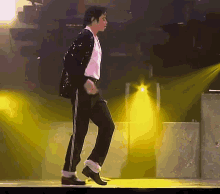Casteel Walked Back
August 13, 2024 In Horton v. Kansas City Southern Ry. Co., the Texas Supreme Court walked back a line of authority about the Casteel harmful-error presumption for certain types of charge error, stating that the presumption does not apply to legal-sufficiency issues that arise from proof failure rather than legal infirmity:
In Horton v. Kansas City Southern Ry. Co., the Texas Supreme Court walked back a line of authority about the Casteel harmful-error presumption for certain types of charge error, stating that the presumption does not apply to legal-sufficiency issues that arise from proof failure rather than legal infirmity:
For this reason, and in an effort to clarify the law and simplify the process, we hold that reviewing courts should not presume harm when a broad-form submission permits a jury to make a finding based on a theory or allegation that is invalid only because it lacks evidentiary support. Because the broad-form negligence question submitted in this case was erroneous only for that reason, we conclude that Casteel’s presumed-harm rule does not apply.
Fair enough. Now what? The court explained:
After determining whether [the Casteel presumption] applies, and assuming the parties point to the record to support their conflicting positions, reviewing courts should focus on the ultimate question of whether “a review of the entire record provides [a] clear indication that the contested charge issues probably caused the rendition of an improper judgment.” Focusing on that ultimate issue, reviewing courts should explain in their opinions why the record as a whole does or does not establish harm in each particular case.
No. 21-0769 (June 28, 2024) (citations omitted). Time will tell whether this clarification enhances the efficiencies of broad-form submission, or produces Baroque case law about various indicia of harm, since a jury’s actual thought process is privileged.